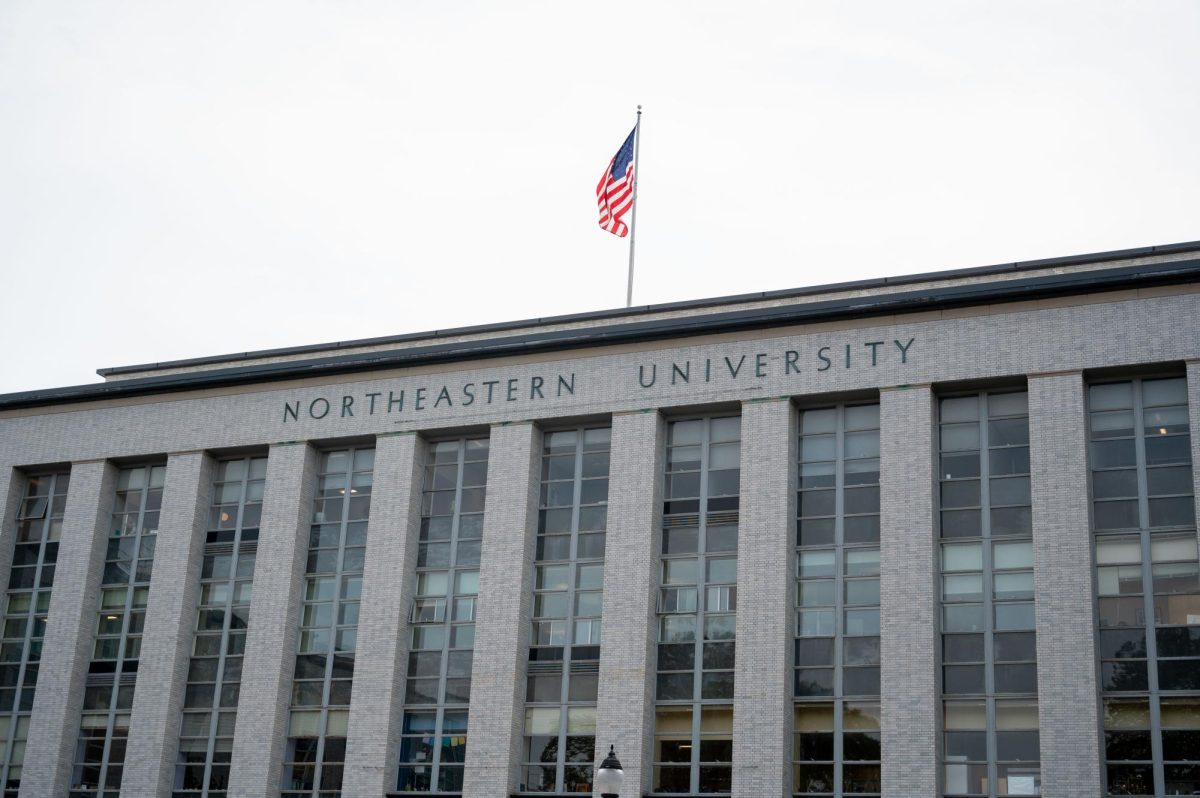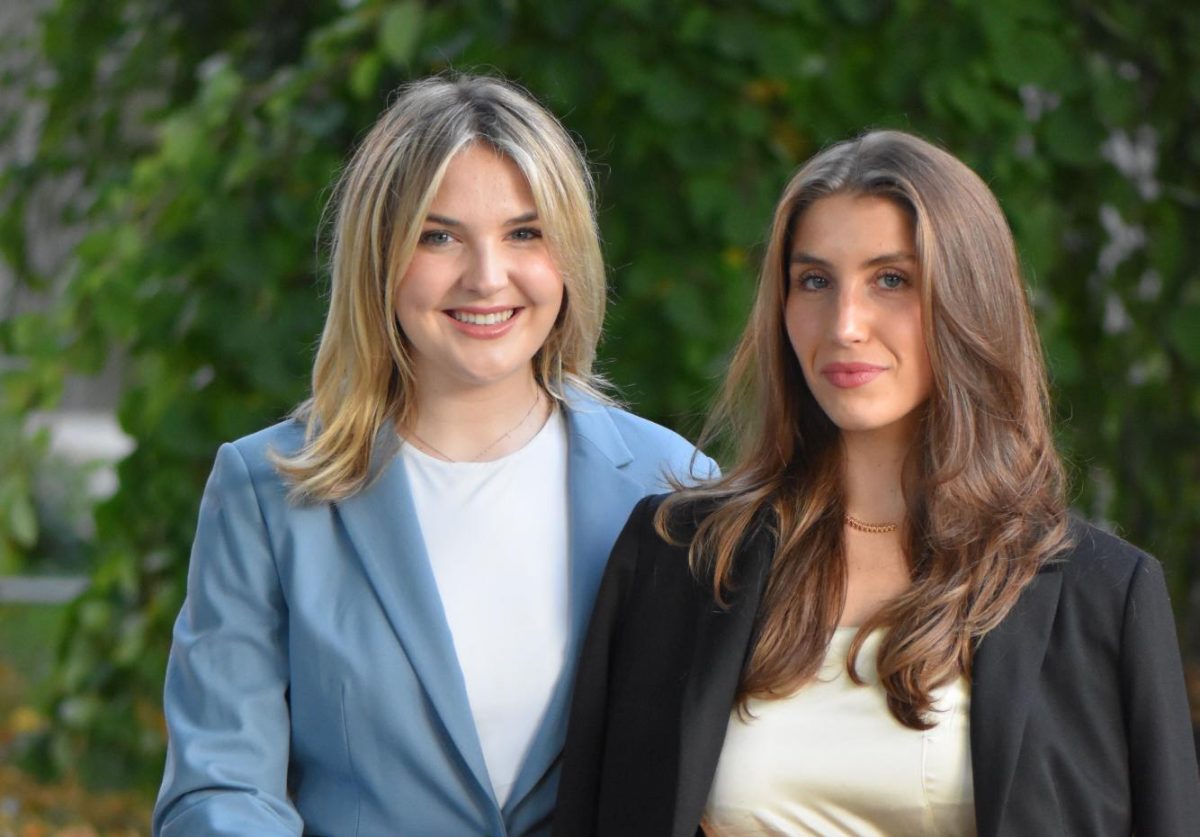By Bobby Hankinson
Women continue to strive for equality in a world overrun by men. In an effort to overcome the double standards presented by society, the month of March has been set aside for women to celebrate who they are and diminish stereotypes that have been placed on women.
Both the Council for University Programs (CUP) and the Northeastern Feminist Student Organization (FSO) are planning events to bring the celebration of women’s history month to the Northeastern community, though its roots lie far beyond the school’s campus.
The highlight of the month’s celebration at Northeastern is CUP’s presentation of Sarah Weddington, the lawyer who won Roe v. Wade.
“This is the big event for women’s history month,” said Ryan Stanton, CUP’s lecture chairman. “Last year we didn’t do anything for women’s history month because the budget was very limited. This year we have more.”
After seeing Weddington speak at the National Association for Campus Activities, Stanton said she was very impressed with her.
“Her message is not Roe v. Wade; it’s women’s history,” Stanton said.
The Feminist Student Organization is also planning a few events for the month of March, including an equity bake sale, a presentation entitled “Feminism Is … ” and an information session on saving women’s lives.
The equity bake sale, FSO president Adrianne Ortega said, is very similar to an ordinary bake sale, except for the pricing.
“An equity bake sale is a way to realistically expose the gender salary gap and how it affects us. Women on average make 76 percent of men’s wages for equal work. So women are charged 76 percent what men are to level the playing field,” Ortega said.
But Ortega said she warns students not to try to point out the irony of the feminists doing some domestic baking.
“Everyone has to cook to sustain life and everyone likes sweets,” Ortega said.
The FSO is also planning an event titled “Feminism Is…” to try and dispel some of the misconceptions of feminists.
“‘Feminism Is … ‘ is an event for people who don’t know what feminism is to participate in a round table discussion with their peers about feminism, why people are feminists and [what] feminism means to them,” Ortega said. “It’s a way to break down stereotypes.”
The FSO’s information session on saving women’s lives focuses on the March for Choice in Washington, D.C., this April. The program is designed to raise awareness and to provide information to those interested.
“The program to save women’s lives is to attract people who might not know about the event. We’re going to have a forum to ask questions and learn more about what the event entails,” Ortega said.
Students on campus agree that it is important to remember the contributions of females that are often disregarded.
“There’s still kind of a prejudice against women. They don’t get the recognition for everything they do,” said Cassandra Milligan, a freshman undecided major.
Amy Ngo, a freshman medical laboratory major, said she agrees.
“Women are usually overlooked in history. It’s important to recognize them and acknowledge their impact,” Ngo said.
Women’s history month began in Sonoma County, Calif. in 1978 as women’s history week. The movement went national when Molly Murphy MacGregor discussed the importance of women’s history at Sarah Lawrence College and urged the audience to spread the celebration across the country.
The President of the United States at the time, Jimmy Carter, encouraged the American people to support a celebration of women’s history week in 1980 and by 1981, a congressional resolution officially declared the week of March 8 Women’s History Week.
The week was expanded into a month in 1987 after requests from women’s organizations throughout the country by a resolution passed by both the House of Representatives and the Senate, according to the Women’s History Project’s Web site (www.nwhp. org).









